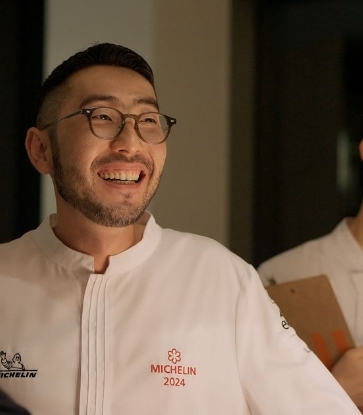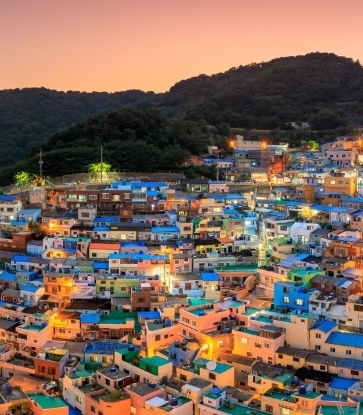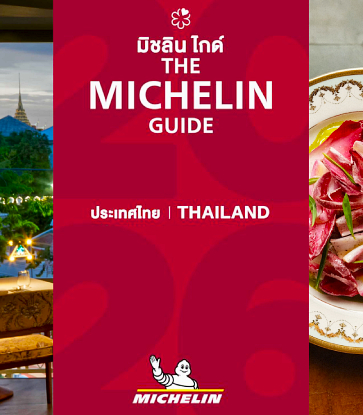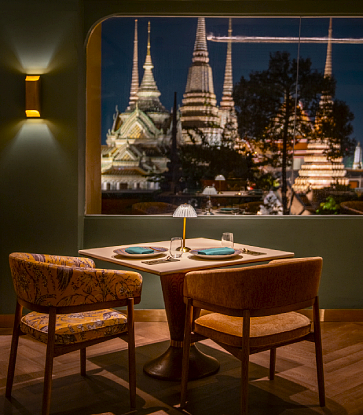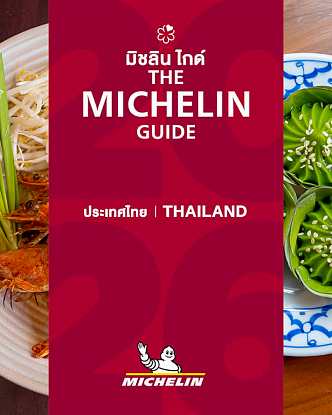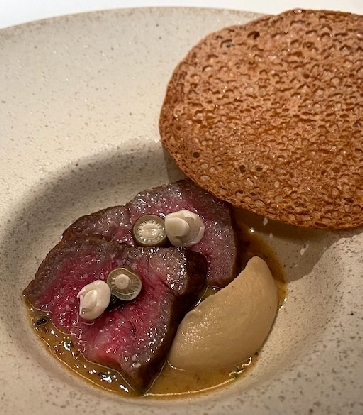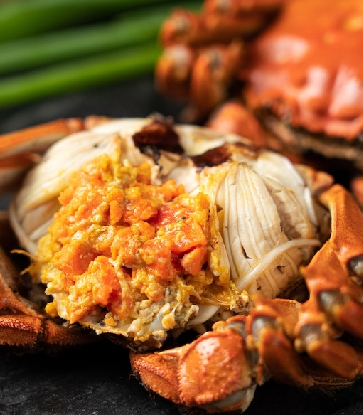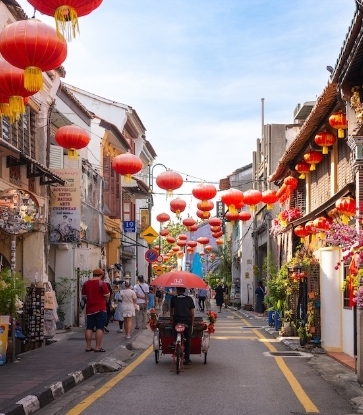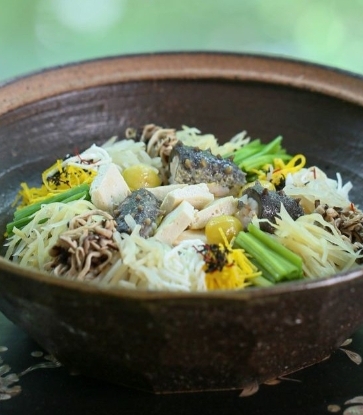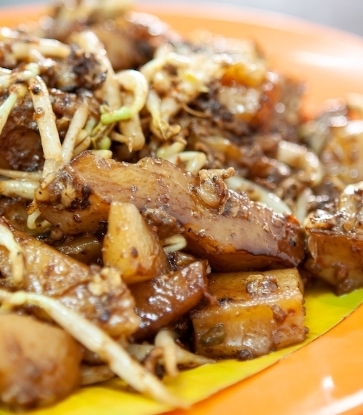As you walk through Insa-dong Alley, which is crammed with teahouses and Korean eateries, you will find a low-rise Korean style house – a restaurant called 'A Flower Blossom on the Rice'. Various flowers, vegetables, and herbs are carefully planted in small pots in front of the restaurant. You will feel the sincerity from the interior of the restaurant to the plating of food, as well as its tasty food with well-grown ingredients.
Directly operated by an agricultural corporation, A Flower Blossom on the Rice provides healthy food by using organic, eco-friendly and pesticide-free produce from local farms. “I want to use beautiful ingredients to make our meal like a flower blooming on the dining table”, its owner, restaurateur Song Jung-eun, says of the thinking behind her restaurant’s unusual name.
Here is the story of how this restaurant challenged itself with its mission to serve good food from its opening day.
What is the culinary philosophy behind A Flower Blossom on the Rice?
I like the saying, 'you are what you eat', as it recognizes that food is an important element that is directly related to the body and mind. While preparing for the opening of the restaurant, I realized how hard it is when dining out to have nice food made with eco-friendly and organic ingredients. So, in our restaurant, we made it our mission to use organic, eco-friendly and pesticide-free crops including rice, fruits and vegetables. Also, we use only traditionally handmade jang, Korean fermented soy sauce, that does not contain any chemical seasoning. This is because fermented soy sauce naturally mixes with food ingredients and creates a harmonious taste. We don't use any commercially made soy sauce products. I can tell you that more than 95% of our restaurant is organic and eco-friendly.
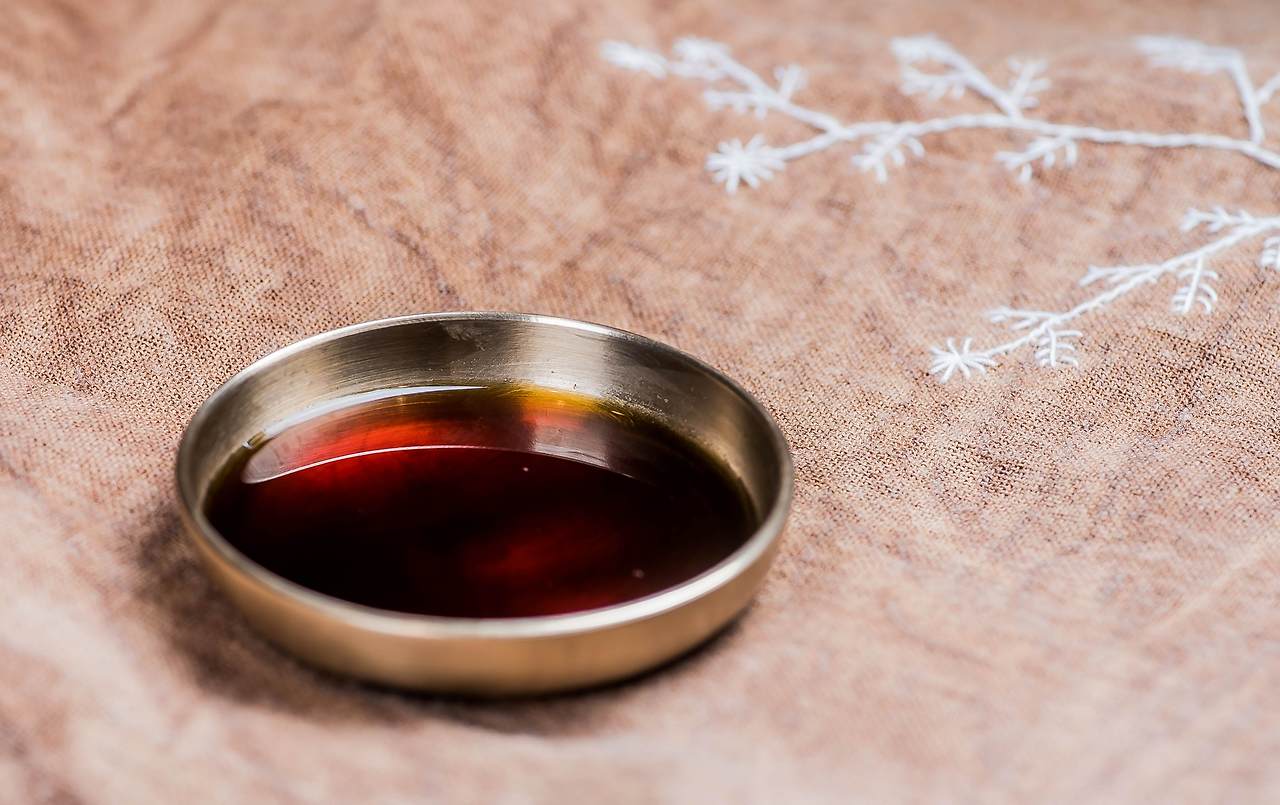
Humans co-exist, grow and develop with nature. When we treat and cook the ingredients we obtain from nature with care, we can enjoy your food even more. When eating good food becomes a daily habit, it creates values in people's lives. We’ve suffered some hard times since our opening because our menus were not profitable enough to run a restaurant, but I think our tenacity for our mission is the power that brought us to this point.
It has been almost 5 years since you opened the restaurant. Can you share some reflections, looking back?
It is a difficult business running a restaurant that sells ‘only’ healthy and good food. Furthermore, we’re still having a difficult time due to this unexpected coronavirus pandemic. But ever since our restaurant opened, we've always kept to our principles and beliefs about healthy food.
Since the early days of our opening, we have held various events with local producers. In 2016, farmers who grow pesticide-free, eco-friendly apples in Jangsu-gun, Jeollabuk-do, introduced us to various varieties of apples and we held an apple-cooking pop-up event. Also, we’re constantly using so-called ‘ugly food’, which are often called lower grade crops due to their uneven shape, even if there is no problem with their taste or nutrition value. We buy these organic “ugly” produce at a reasonable price, so we create value for both farmers as well as consumers.
Among these menus, our most popular dish is the Songhwa Mushroom Bibimbap. We slice the fragrant raw mushrooms and put them on top of the rice, then mix them with the poached eggs and spices. The mushroom’s shape is not consistent but it does not affect our enjoyment of this delicious dish.
What are the advantages of using eco-friendly ingredients?
You can use the ingredients simply. If you compare normal between eco-friendly agricultural products together, the eco-friendly ingredients taste much better. The sweetness, texture, and flavors are definitely different; though they may like the same apple on the outside, but you will find there is a big difference in terms of taste and nutrients. By using good ingredients, you don’t need to compensate with strong sauces – a light touch of soy sauce and salt will be enough. The main reason why we can't help but insist on these ingredients is that we want our diners to enjoy their fresh, comforting and rich flavors.
What are the challenges of insisting on using eco-friendly, organic, and pesticide-free produce?
It's just not easy. (laughs) It's expensive, and they are not as common as regular produce so it’s hard to get ingredients when something runs out. Fortunately, we have had a good relationship with our partners who provide such ingredients, and we have an organic food ingredient store nearby, so we can reach out to them when we need food ingredients urgently. Our most used ingredients are directly sourced from local producers, such as our pine mushrooms and wild fish from Jeju Island.
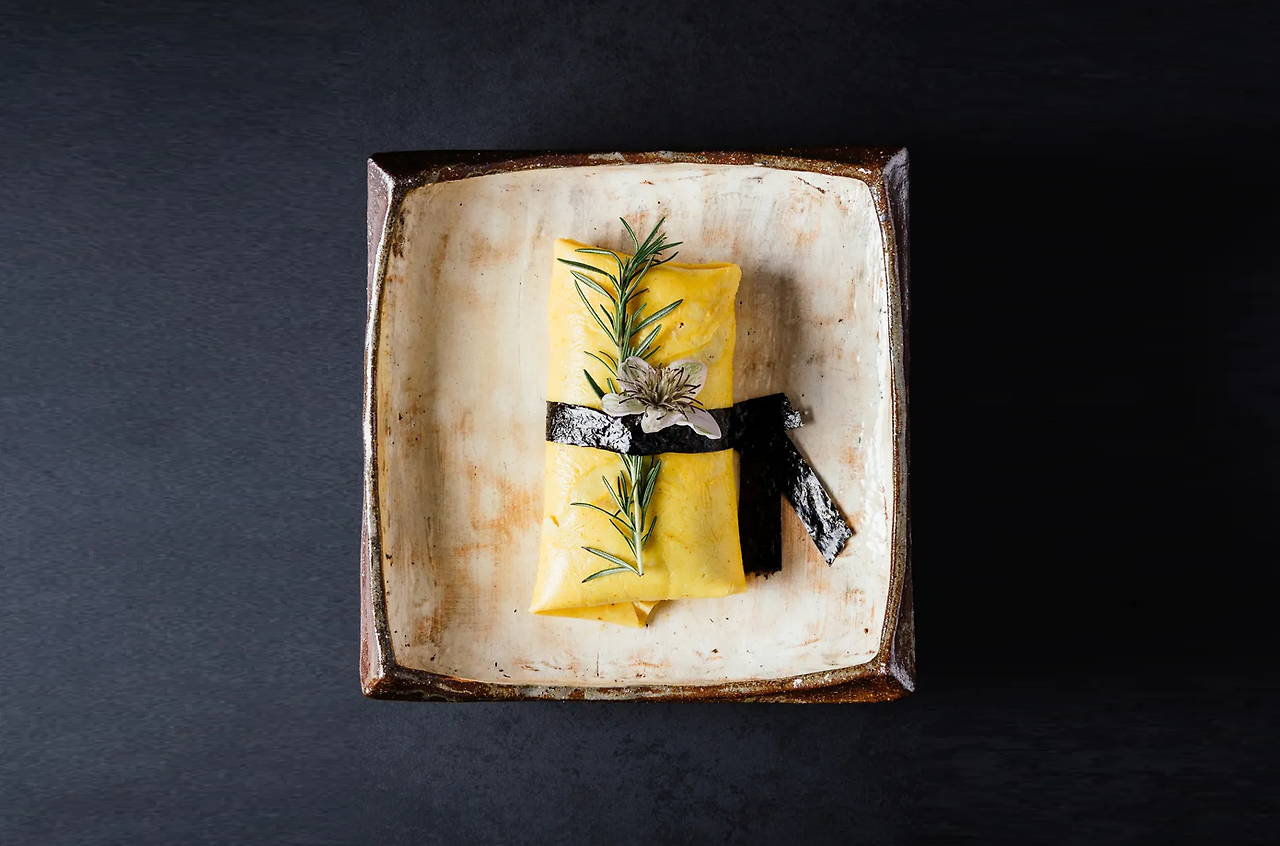
How has being selected as a Bib Gourmand restaurant by the MICHELIN Guide impacted your business?
Our restaurant opened in late December 2015 and officially opened in January 2016, so it's been almost five years. We suffered hard times and ran a deficit for about two and a half years, so around the fall of 2017, we decided that we would close down this place if things don't get much better. But in November of that year, we were listed as a Bib Gourmand restaurant by the MICHELIN Guide.
There have been customers who have understood the value of our restaurant, but it was not enough to operate our restaurant properly. It was not a sustainable business. However, since 2018, the number of new guests has increased significantly since it was listed in the MICHELIN Guide, and there has been a virtuous cycle since the diners introduced their good experiences to people around them. Thanks to the MICHELIN Guide, we could keep to our original intentions, so we are very grateful to be able to continue this work.
Restaurants are suffering hard times due to the Coronavirus. How has your restaurant been affected?
About 30% of our customers were foreigners before the Covid-19 outbreak. Insa-dong is a tourist destination with a lot of foreigners, and there are a lot of large global companies nearby. Before the pandemic, people had business meetings at our restaurants when they had to host foreign guests. However, as we have not been able to have reservations like these, our sales have drastically decreased.
Now your restaurant offers takeout meal boxes. Tell us about that experience.
Some of our menus have been sold as meal boxes since February this year, including our signature Bojagi Bibimbap, a log of cooked rice topped with five different sautéed vegetables in their multi-colored glory that we encase in a crépe-thin egg omelet and tie with a seaweed ribbon with a single flower on top, so it resembles a gift. I feel that serving customers directly at the restaurant and preparing and selling meal boxes are completely different areas of work. We’re doing this with everyone's dedication and effort, but if we get more customers coming back to our restaurant later, we'd like to focus on our face-to-face hospitality again.
And from the point of view of cooking with eco-friendly, organic produce, I can't help but think about the amount of waste generated by the disposable food containers and cutlery required to provide a delivery service. If possible, I would like to use biodegradable recycling containers, but there is a limit to using such containers, for example, it is hard to hold liquids inside such containers. So, there's still a lot of work to be done.
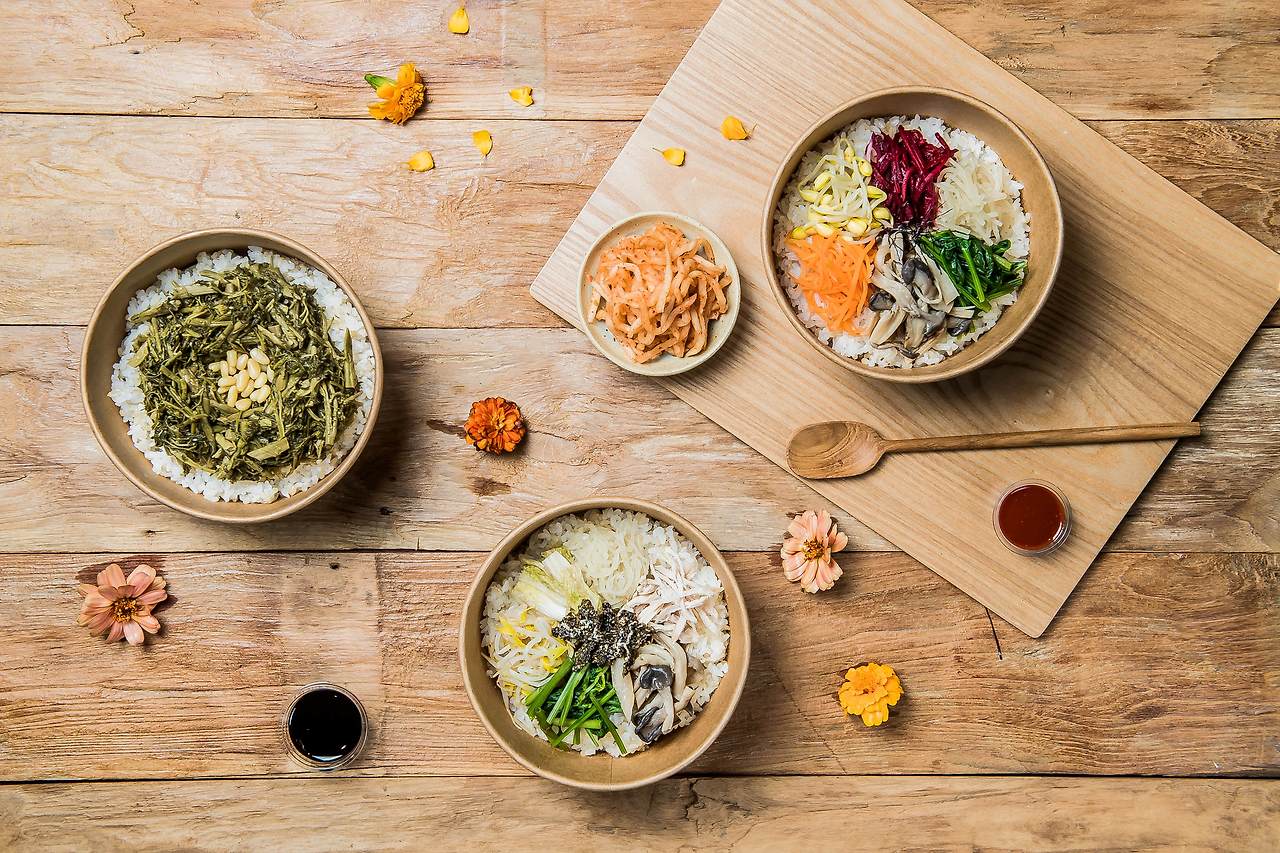
What are your future plans for A Flower Blossom on the Rice?
We’re going to offer a vegetarian menu. We’ve been preparing for this since the end of last year, but we couldn't concentrate on this task due to the Covid-19 crisis. After a few tests make sure it is perfect, we will be ready to serve our guests our vegetable-centric menu at the end of this year. To be precise, it is hard to call it a ‘vegetarian’ menu since we have add-on options of meat and fish, but it is vegetable-centric. I am sure that this menu will help our guests to keep healthy and tasty diet.
Food is the most important 'material' that makes up our body. Depending on what you eat, not only your body, but also your emotions, concentration, learning, and social skills can vary. As a mother who is raising a child, I have studied a lot about food and nutrition. Making and sharing good food is something we should all do. Part of my life’s mission is to continue to do my best to educate more people about recognizing the value of good food.

The MICHELIN regularly sponsors Hanbit Welfare institute in Korea. During this coverage, we delivered lunch boxes made by restaurant ‘A Flower Blossom on the Rice’ to children and employees in Hanbit Welfare institute.
For many years, the MICHELIN has sponsored Hanbit welfare facilities by providing various cultural experiences and dining together. This year, we delivered our heart by providing lunch boxes because our regular volunteer works have become difficult due to the Coronavirus. In the future, we will not only promote restaurants but also continue to help communities and practice sharing.




